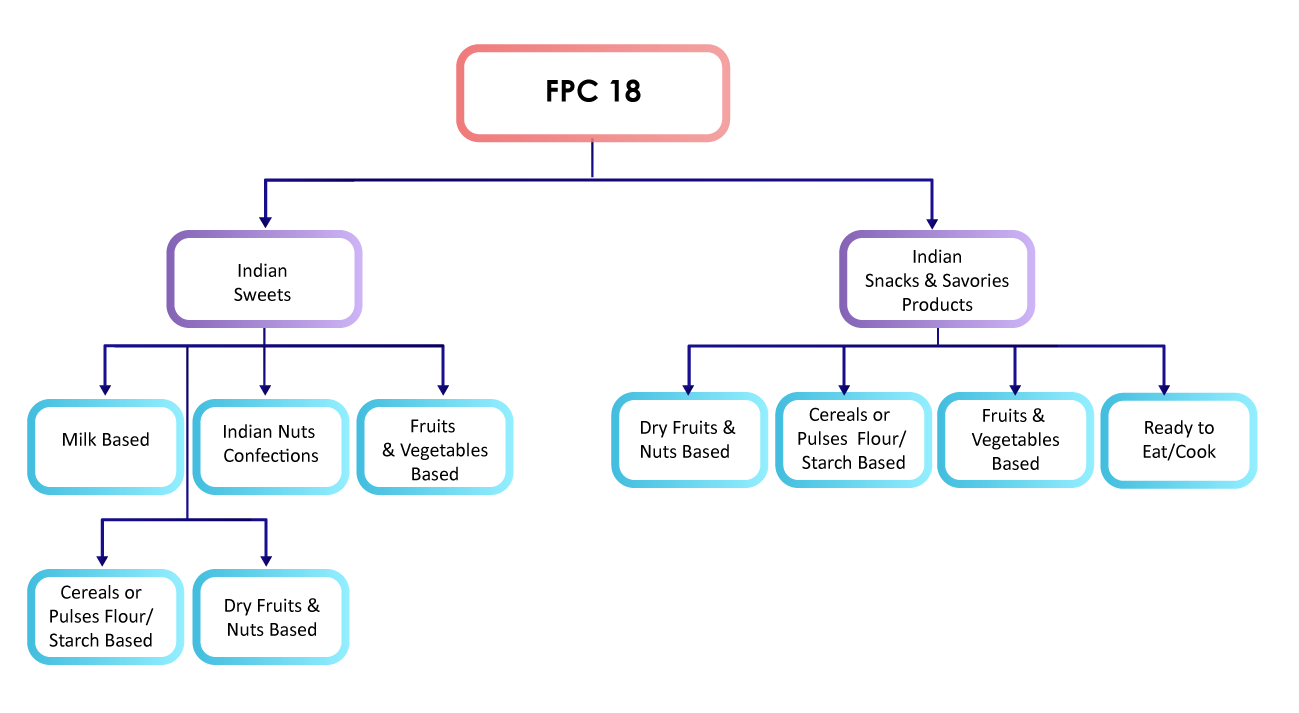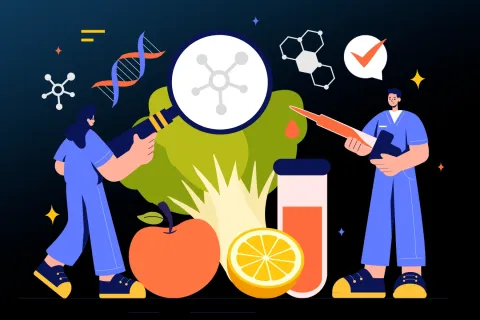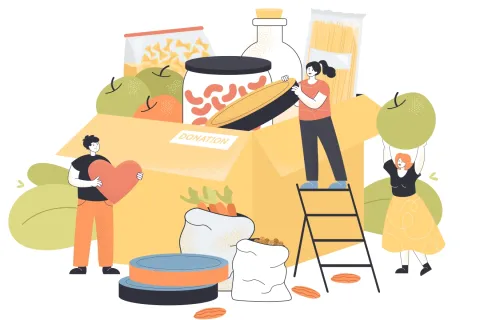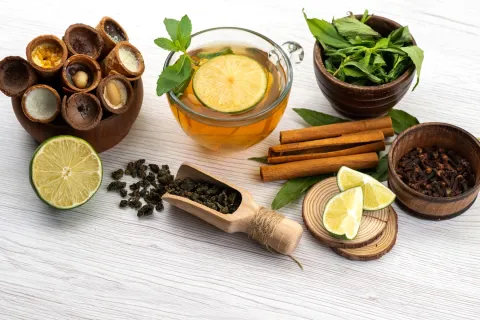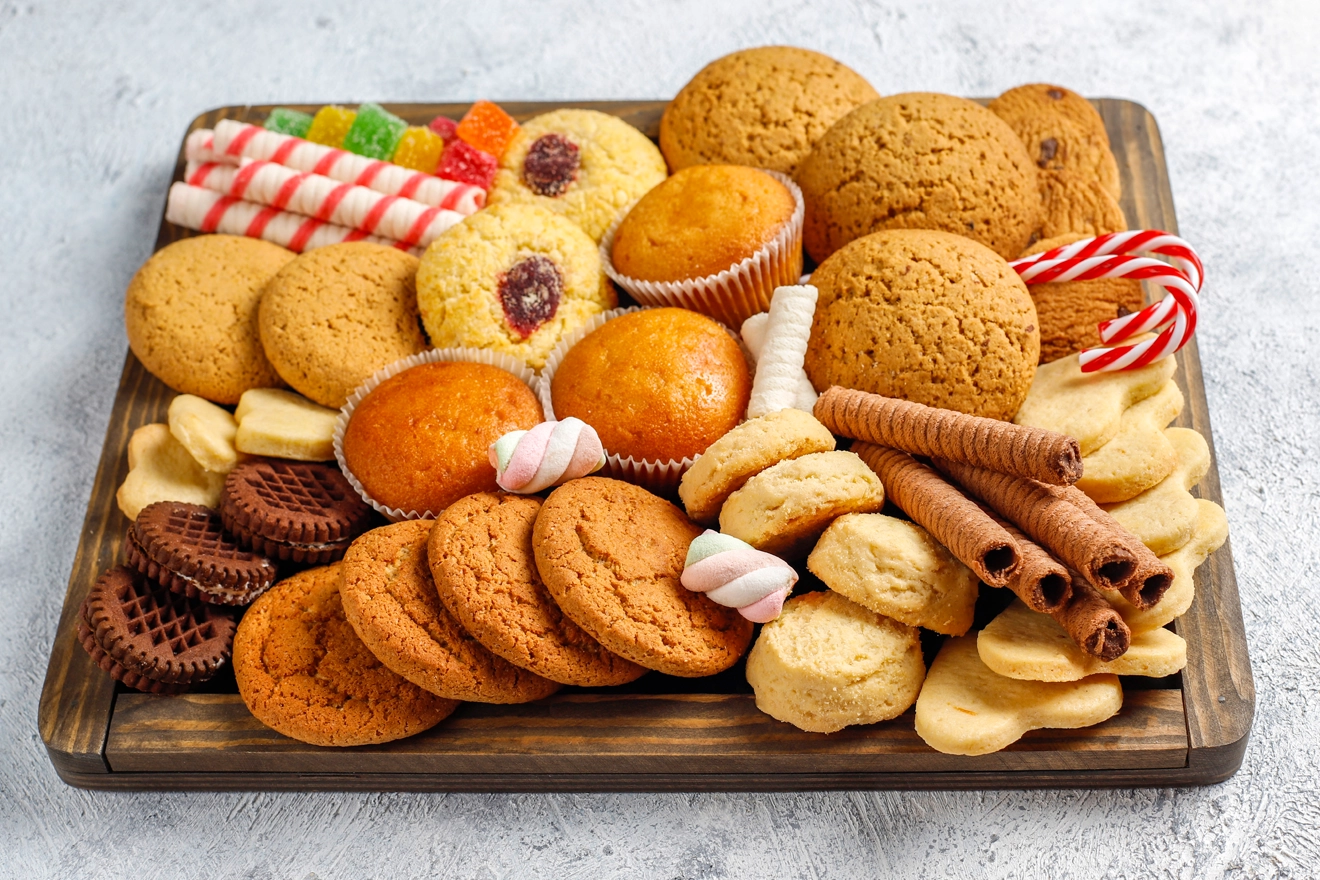
India has a rich tradition of sweets, snacks and savories with a difference in taste, texture and ingredients. Traditional milk-based sweets are mostly prepared from Khoya, Chhena, sugar and other ingredients such as maida, flavors and colors, e.g., Peda, Barfi, Milk Cake, Gulab Jamun, Rasgulla, Rasmalai, etc. In addition, there are sweets containing cereal, starch or grain as the main ingredient, e.g., Suji Halwa, Moong Dal Halwa, Jalebi, Boondi Laddoo, Motichoor Laddoo, Gujiya, Balusahi, Soan-papdi, etc. There are also sweet snacks like Chikki, Gajak, Murrunda, Gudchana coated with jaggery, sugar, honey and other ingredients.
As there are no specific regulations proposed by the FSSAI, there are many challenges in the manufacturing and selling of sweets, snacks and savory food. The packaging and labeling requirements are often neglected. Moreover, there are issues like no proper category for sweets, snacks and savory food due to the unavailability of standards of these products under the Food Safety and Standards Regulations. As a result, such small and medium food business operators are required to obtain a central license under the proprietary food products, which is costly and entails numerous compliance requirements. Hence, the FSSAI has come up with a new food category to imply standard procedures for the mentioned food categories.
Below is a quick guide that explains the New Order in brief
Detail Categorization of Food Product Category 18
![]()
Important Point to be Noted
FSSAI stated that the above-mentioned Food Product Category (18) should not be applicable to those products whose standards have already been defined by the FSSAI and mapped in Food Safety Compliance System under the Food Products Category (01-14).
General Requirements for these Regulations While Applying for the FSSAI Registration/ License
The FBO, when applying for registration/ license for the above-mentioned food categories/products, should take a note of the following:
- License/ Registration rules imply as per the standards applicable.
- Manufacturers can use additives as applicable.
- FBO must follow GMP guidelines laid down under the applicable category.
- Already licensed FBO, which falls under the new category, can continue its business with the current license and require no further modification.
- Caterers, restaurants & other food services serving fresh foods can continue with their existing license as per the eligibility.
- Contaminants including heavy metals and pesticide residue standards will imply as per the “Foods not specified” category.
- Microbiological requirements and standards may imply as per the regulations specified for the base product used in the preparation. For e.g., major raw materials – milk in milk-based sweets, and nuts used in the preparation of snacks.
Conclusion
To begin manufacturing/processing, packaging, or holding the food products under Category 18 for consumption in India, the FBO must follow the regulations laid by the FSSAI. Failure to do so will result in heavy penalties and suspension of the license of your facility.
To get more insights on the FSSAI’s food regulations, consult a Regulatory expert who can assist you in compliance requirements.
